Power may be at the end of a gun, but sometimes it's also at the end of the shadow or the image of a gun
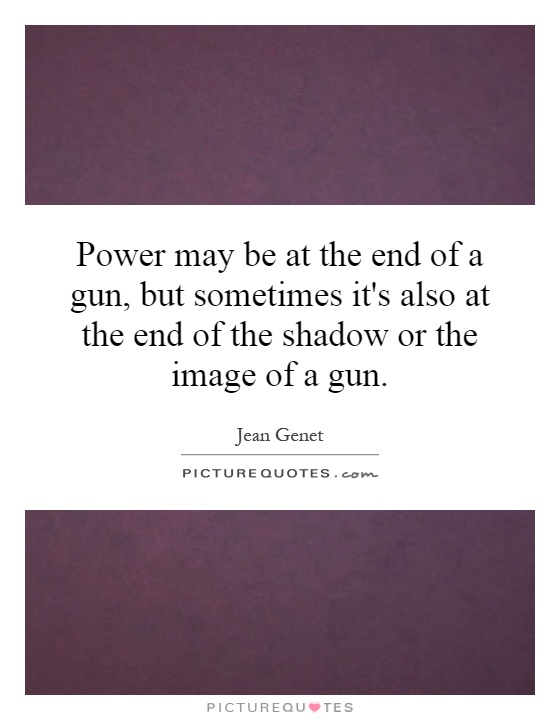
Power may be at the end of a gun, but sometimes it's also at the end of the shadow or the image of a gun
Jean Genet, a French novelist, playwright, and political activist, is known for his provocative and controversial works that often explore themes of power, violence, and sexuality. In his writing, Genet frequently delves into the complex relationship between power and the use of force, examining how power can manifest itself not only through physical violence but also through the manipulation of perception and imagery.The quote “Power may be at the end of a gun, but sometimes it's also at the end of the shadow or the image of a gun” encapsulates Genet’s exploration of power dynamics in his works. Genet’s characters often wield power through their ability to create and manipulate images, using the threat of violence to exert control over others. In his play “The Balcony,” for example, the characters in a brothel assume roles of power and authority by adopting various personas and disguises, blurring the lines between reality and illusion. Through the creation of these elaborate fantasies, the characters are able to assert their dominance and manipulate those around them.
Genet’s own life experiences as a criminal and social outcast also inform his exploration of power and violence. As a former thief and prisoner, Genet was intimately familiar with the ways in which power can be wielded through physical force and intimidation. However, he also understood the power of perception and image in shaping one’s identity and influence. In his novel “Our Lady of the Flowers,” Genet blurs the boundaries between reality and fantasy, exploring the ways in which individuals construct their own identities and exert power through their imaginations.
Overall, Genet’s work challenges conventional notions of power and violence, suggesting that true power lies not only in the ability to physically dominate others but also in the manipulation of perception and imagery. By examining the ways in which power can be wielded through the shadow or image of a gun, Genet invites readers to question the nature of power and authority in society, and to consider the ways in which power dynamics shape our understanding of ourselves and the world around us.

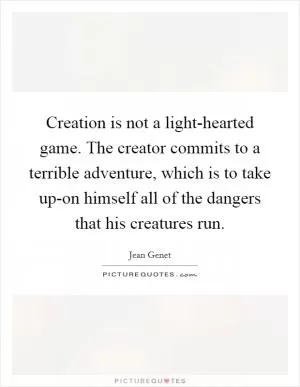



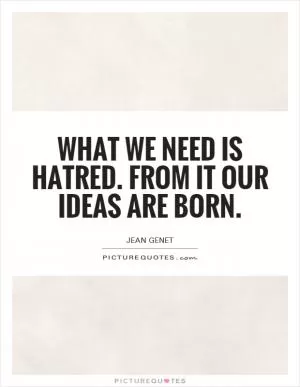
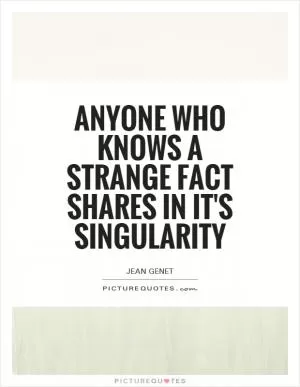
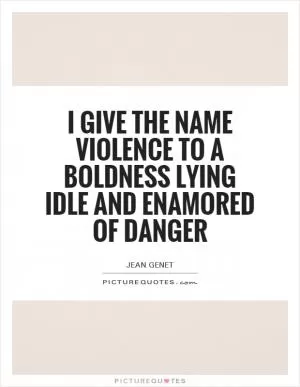




 Friendship Quotes
Friendship Quotes Love Quotes
Love Quotes Life Quotes
Life Quotes Funny Quotes
Funny Quotes Motivational Quotes
Motivational Quotes Inspirational Quotes
Inspirational Quotes